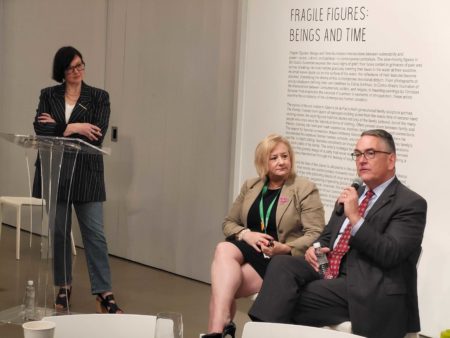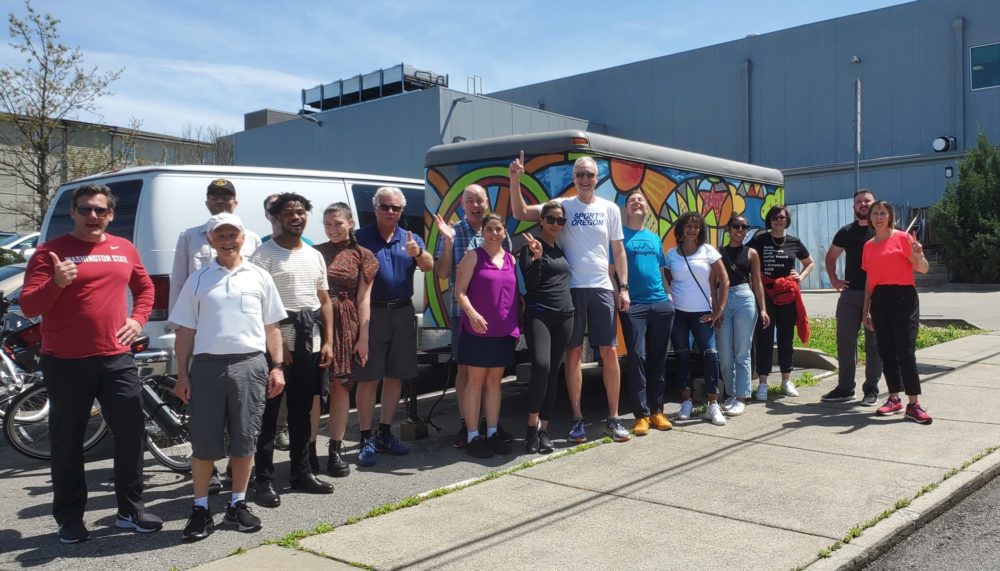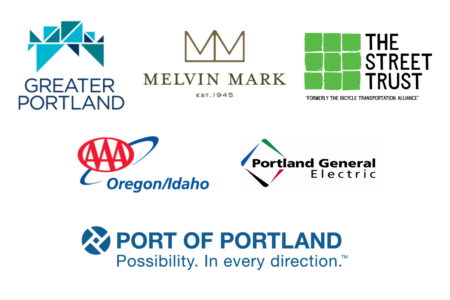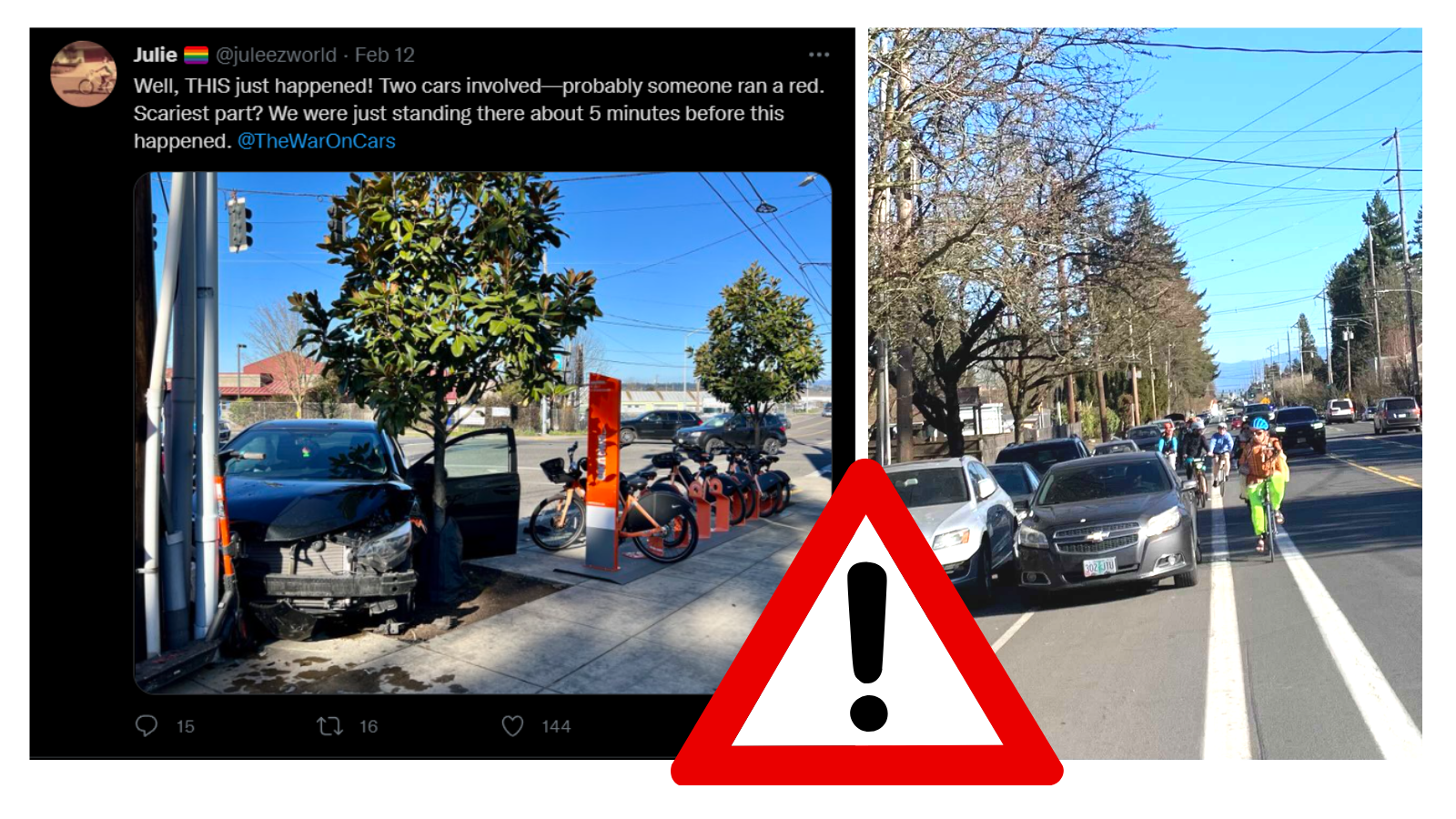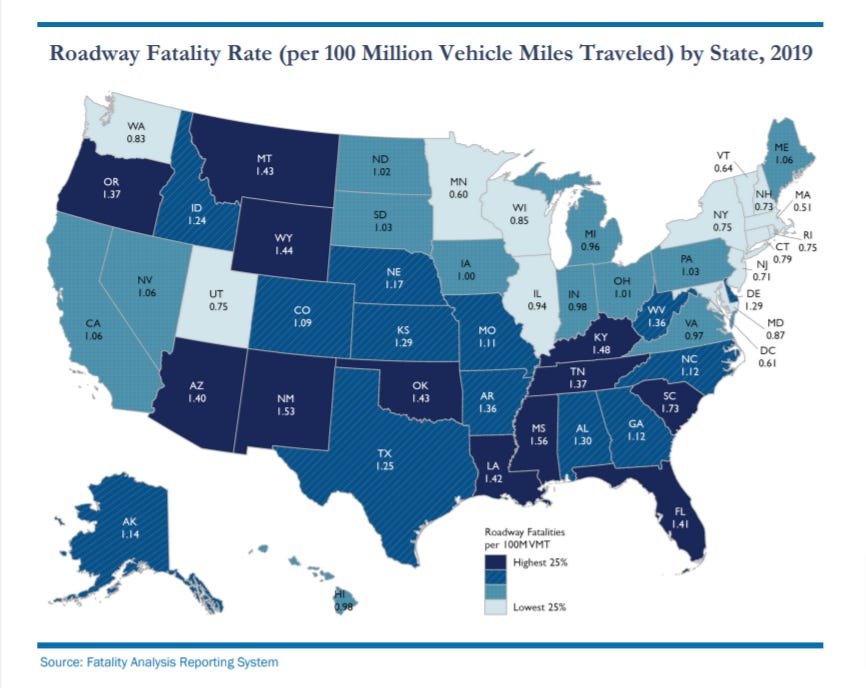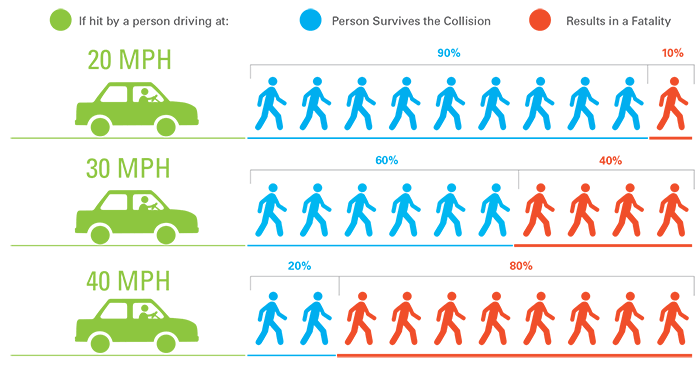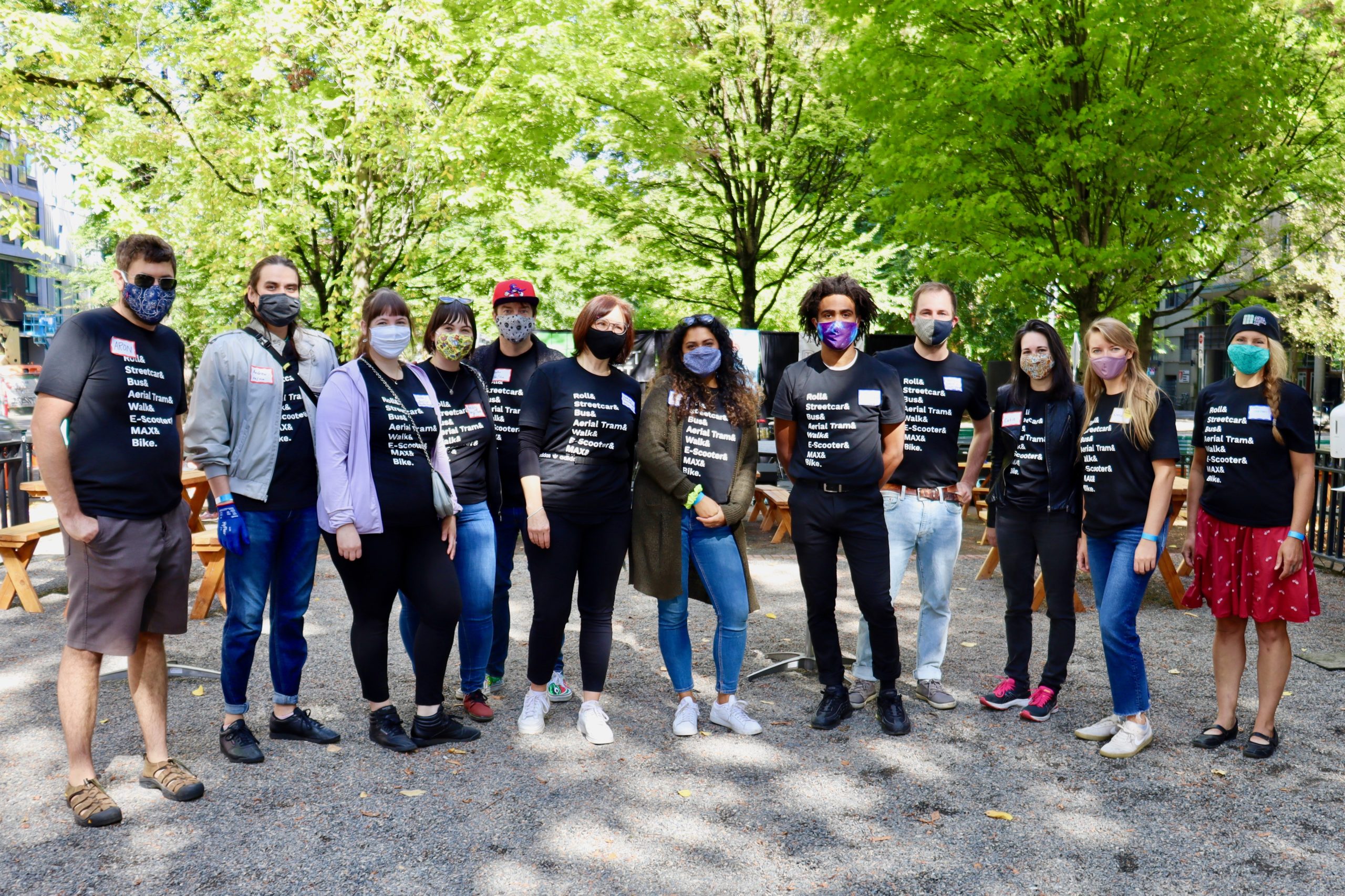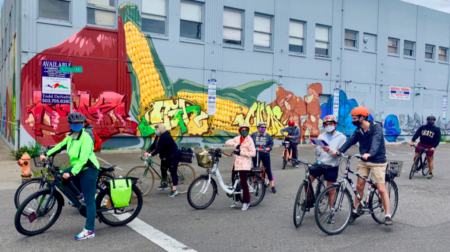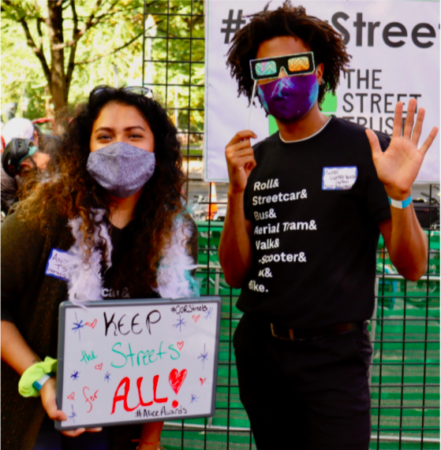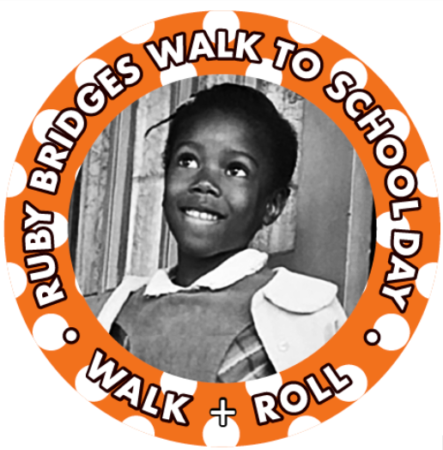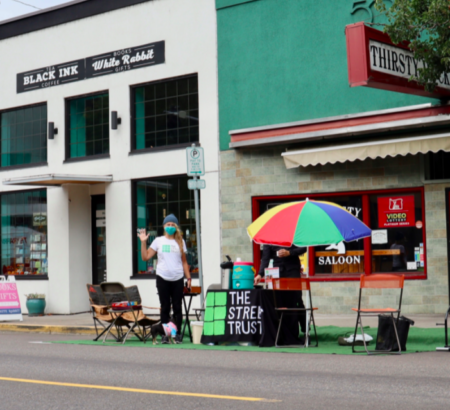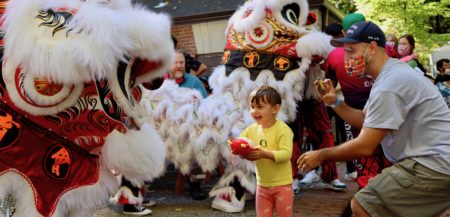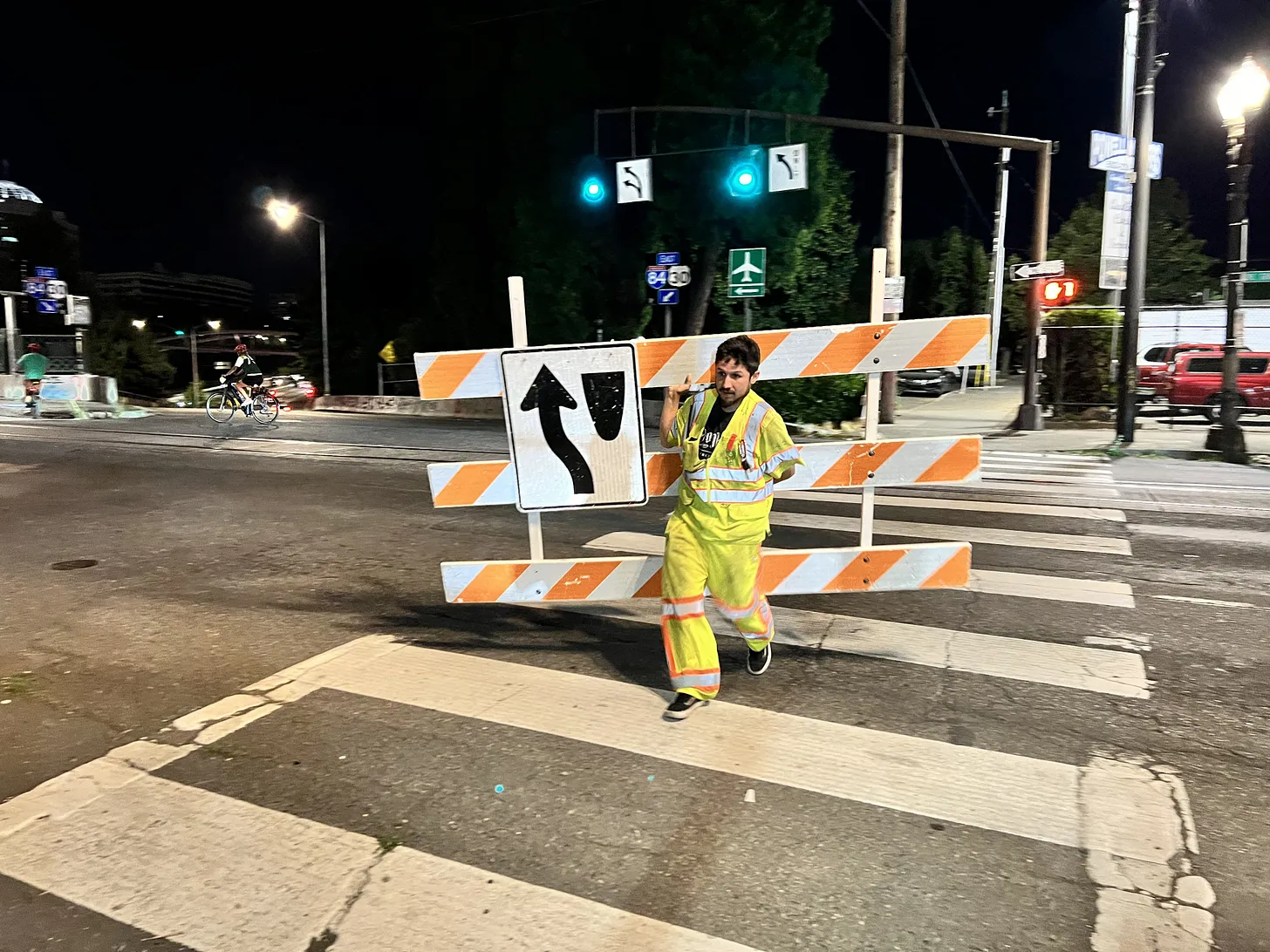
Mid-session updates from the city, state, and more on transportation policy, budgets, where we’re building solutions, and what we’ll be looking for in Oregon’s forthcoming 2025 Transportation Package.
At the Oregon Legislature
The stakes are extremely high, with competing visions for how to fix ODOT’s funding crisis (while providing adequate oversight), complete projects statewide, and address the epidemic of traffic fatalities. Meanwhile, transit providers and local governments are facing their own severe funding shortfalls (more on the situation in Portland below). Lawmakers must act now to stabilize and reinvest in the transportation access Oregonians rely on every day.
What we’ll be looking for:
- A complete package that fully funds walking, biking, rolling, and transit. Anything less is out of step with what Oregonians actually need. The economic, health, and social benefits of a safe, multimodal transportation system are indisputable. This is our bottom line.
- The Street Trust has been pushing for solutions that will help provide sustainable, diversified funding to support safety and multimodal investments. We’re cautiously optimistic that some of those solutions will be included in the final package. Whatever quilt lawmakers patch together to cover ODOT’s needs, it cannot leave our communities, transit agencies, or active transportation users out in the cold.
📌 Pro-tip: Check out MN Larry Kraft’s presentation on delivery fees from last year’s Oregon Active Transportation Summit and our panel on Oregon’s transition from the fuels taxes to a tax on miles driven (VMT) aka road user charge (RUC) from OATS in 2023.
- Following an investigative report by the Statesman Journal into ODOT’s billion dollar budgeting error, megaproject overruns, and a lack of accountability on HB 2017, Gov. Kotek tapped Republican Bruce Starr to develop an ODOT oversight & accountability framework for the package. While we’re getting word he’s headed in the right direction, we’re working to maintain focus on project prioritization that is transparent, accountable, and outcome-driven to meet our goals in the Oregon Transportation Plan (OTP) and earn public trust.
- “Safety First” is resonating with the lawmakers we’re talking with each week. They’ve told us they share our priorities: reducing traffic deaths and making sure communities have access to jobs, school, and essential services without needing to drive. But we must keep up the pressure this week before the package is publicly released, so please add your name to our letter telling Oregon lawmakers to protect funding for transit and safe streets.
It’s time to truly Move Oregon Forward with fully funded safe routes for walking, rolling, biking, and accessing transit. We’re not waiting for someone else to lead while Oregonians are in dire need of transportation options. Guaranteed access to transportation is fundamental – it means access to food, education, health care, family and community.
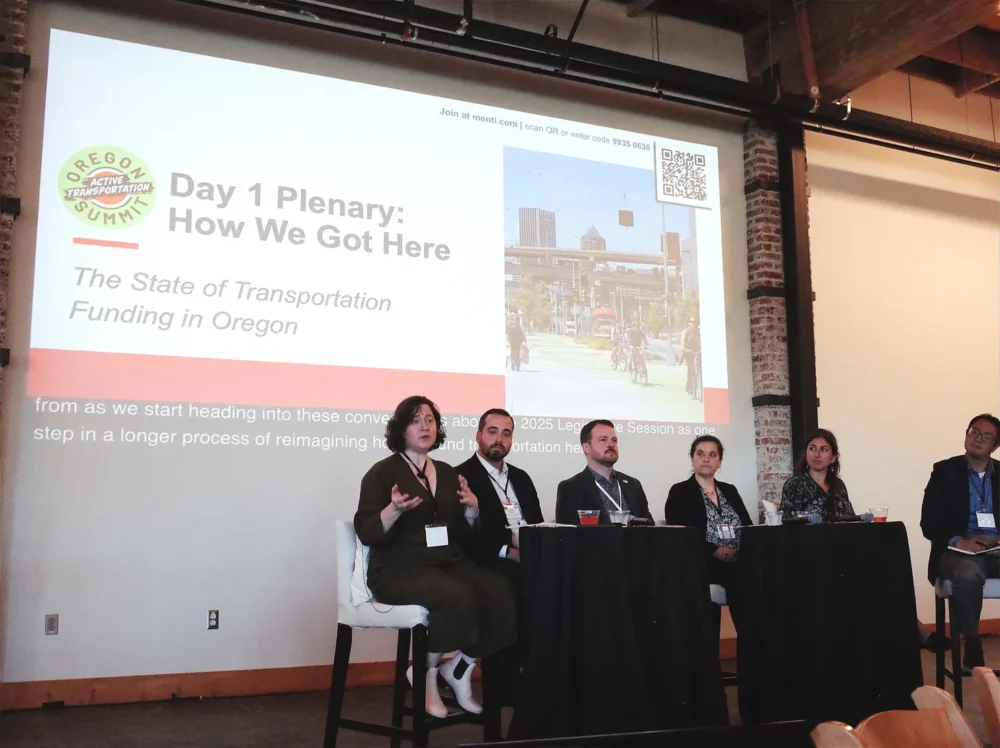
The Street Trust is the only organization in Oregon with a dedicated lobbying presence in Salem focused on fully funding safe routes for walking, rolling, biking, and accessing transit. Our staff, board, and members are working hard to secure a sustainable, equitable transportation package for all at a time when the federal government is slashing budgets and abandoning its commitments.
That means we need your help now to ensure safe streets and transit are prioritized in Oregon. To keep our advocacy strong and independent, we need help from caring people like you to finish this session. If you believe in this movement, now is the time to show it.
If you are unable to donate, you can still support safe streets and a better future for all Oregonians:
- It’s an understatement to say there is a lot going on, but when you see action alerts from us, please take a moment to act and speak out. Lawmakers need to hear from you, so all Oregonians, not just people who can drive, are at the center of this package.
- Know a business or organization who supports active, multimodal transportation and equity? Ask if they can sponsor this year’s Oregon Active Transportation Summit. Details on how to get involved at www.oregontransportationsummit.org/Sponsorship
- Attend Oregon’s premier active transportation summit (April 23-25), so you don’t miss out on the conversation. Get your passes to network with Oregon’s transportation leaders and organizers now: www.oregontransportationsummit.org/tix

- Sign up for Move Oregon Forward’s Advocacy Day in Salem on April 17 to meet with state lawmakers and tell them why we need green neighborhoods with safe sidewalks, bike paths, public transit, and the freedom to choose how we get around. Sign up here
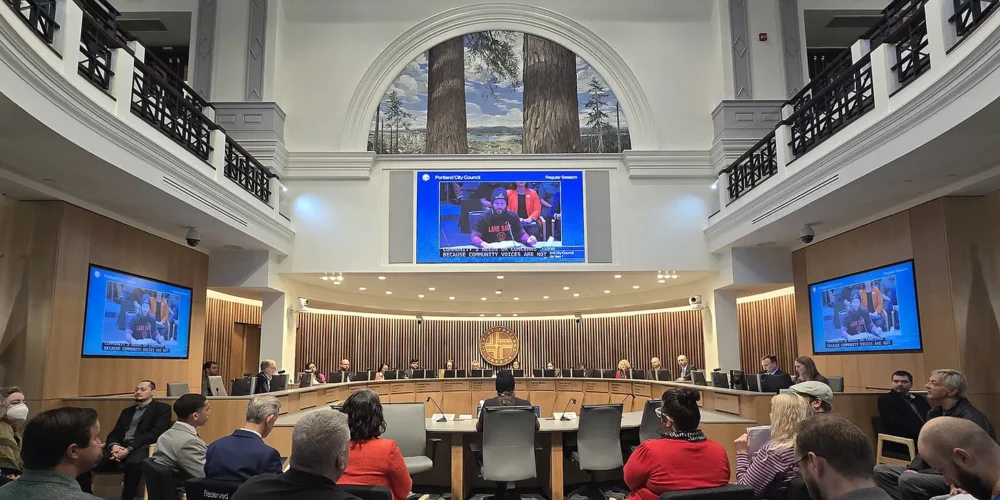
At the City of Portland
“Every time I’ve knocked on doors in Portland,” Fagan said, “people are pissed off —because for the last 30 years they’ve been hearing Powell was five to 15 years away from being a priority.” (to Willamette Week)
Portland’s leaders have kicked billions in deferred maintenance down the road budget cycle after budget cycle and now, in addition, PBOT is facing a significant operating budget shortfall with no sustainable funding solution in sight. Essential PBOT staff and safety programs, as well as beloved community initiatives, are on the chopping block.
We’re encouraged by City Council’s ambitious new ordinance to invest $20 million in sidewalks for East and West Portland, led by Councilors Smith (D1) and Green (D4). Yet, we are concerned that this one-time funding does not solve PBOT’s underlying fiscal crisis or protect the everyday work our communities rely on.
You might recall that our sister organization, TST Action Fund, endorsed 7 of the 12 councilors currently on council (a majority, we’re proud to say). To win the Action Fund endorsement, candidates were required to complete a nonpartisan Candidate Transportation School.
As we head into the budget process, we hope Portland electeds will remember core lessons we covered:
- Council must make funding for complete streets a legislative priority and direct the city’s government relations team to fully fund safety and transit this session. The stakes could not be higher for local jurisdictions in terms of their share of the pie or access to safety grants.
- Price Portland’s system correctly, especially parking, and innovate new funding mechanisms to keep the bureau functioning day-to-day. Options include delivery fees and a transportation utility fee, like you heard about fromMayor Wilson last month (or from the City of Bend at last year’s OATS).
- Depoliticize project selection and prioritization. Portland transformed its government to increase equity, not foster parochialism. Council needs to make it a matter of policy to address the needs of vulnerable system users first. What does that mean? Council must lead with race when picking projects (equity areas) and invest first where people are dying in crashes (high crash network).
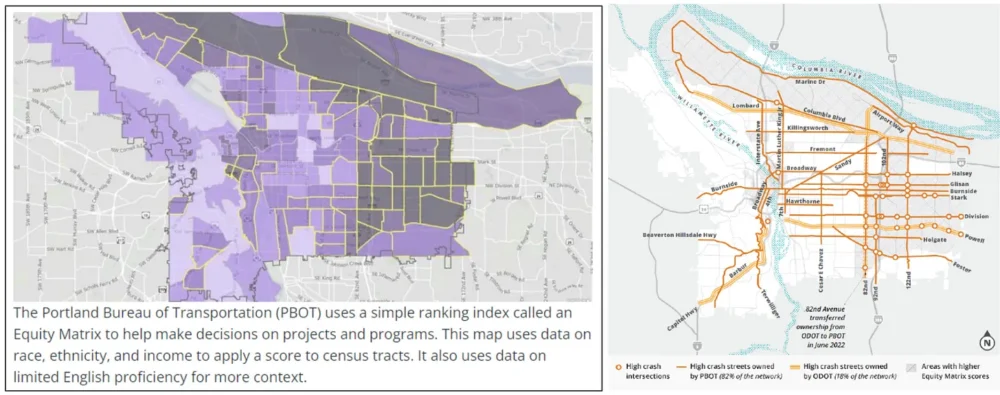
Image and Data Source: PBOT’s 2024 Deadly Traffic Crash Report - Finally, don’t launch new plans and projects until you finish the ones already on the books (where some have languished unfinished for a very long time).
What’s Next? Budget Timeline & Action Steps
- Now through April – City Council is reviewing PBOT and other bureau’s budgets. The decisions made now will determine whether Portland cuts essential safety and transit programs — or invests in the future.
- March 27 to April 10 – City Council work sessions and public hearings are happening now. This is the most critical window to speak up.
- April 24 – Mayor releases the Proposed Budget.
- May to June – City Council holds public hearings and makes final changes before the budget is adopted in mid-June.
- 🗣️ Visit the City’s Budget Engagement Page to sign up for hearings or submit public comment.Share your story about why safe streets and reliable transit matter to you and your community.
- ☎️ Call or email your City Council members and tell them to fully fund PBOT and to prioritize funding safety and complete streets projects in high priority equity and high crash areas.
Federal Legislation: HR 1668 Sarah Debbink Langenkamp Active Transportation Safety Act
There’s far too much happening in transportation right now for The Street Trust, with our limited capacity, to reliably monitor and mobilize you at both the state and federal levels (if you wish that were different, please hit
to help). Meanwhile, we suggest heeding
national calls to action.
That said, one of our board members, Dr. Armando “AJ” Zelada, just returned from the National Bike Summit in DC with a special request: please email Senator Merkley’s office asking him to sign on to co-sponsor HR 1668.
This bill will help small Oregon communities access federal safety funds without needing local match dollars. Sparked by the tragic death of U.S. diplomat Sarah Debbink, killed by a driver at a stop sign in D.C. after being evacuated from Ukraine, it allows Highway Safety Improvement Program (HSIP) funds to be used as match for Transportation Alternatives Program (TAP) grants.
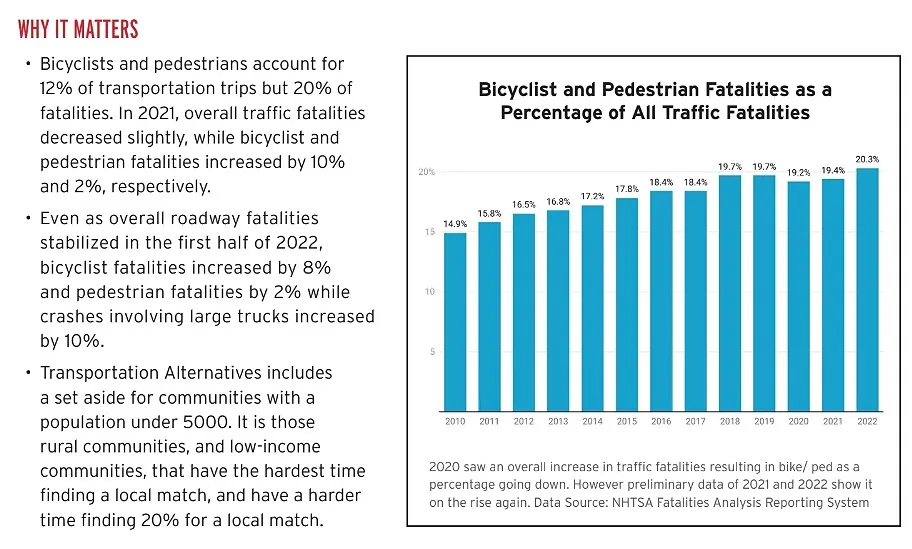
This federal-to-federal match removes a major barrier for places like Klamath Falls, Pendleton, and Talent. It’s not a new idea: Oregon used a similar strategy in the 2010s with its 1% “Bike Bill” HTF dollars. Critics may argue local governments need “skin in the game,” but this bill prioritizes lives and safety where it’s needed most.
P.S. We need your support to continue this transformative advocacy work. Please join us as a member of The Street Trust here. You’ll get discounts, free entry to community events, and insider updates on the legislative session. Thank you!

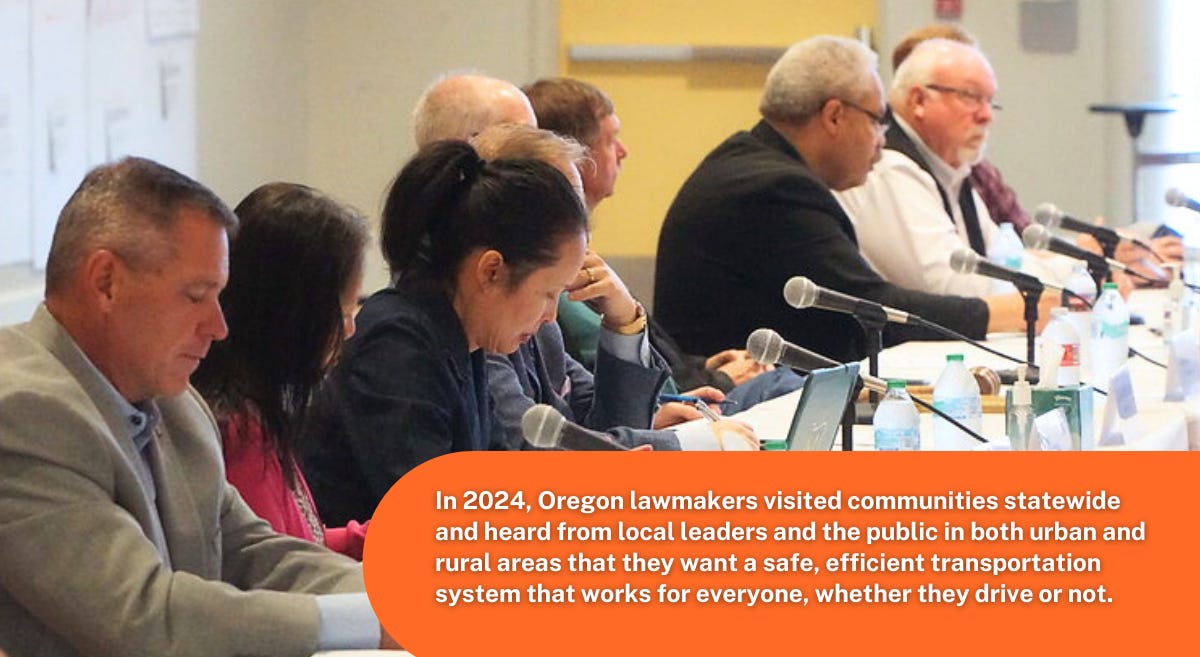
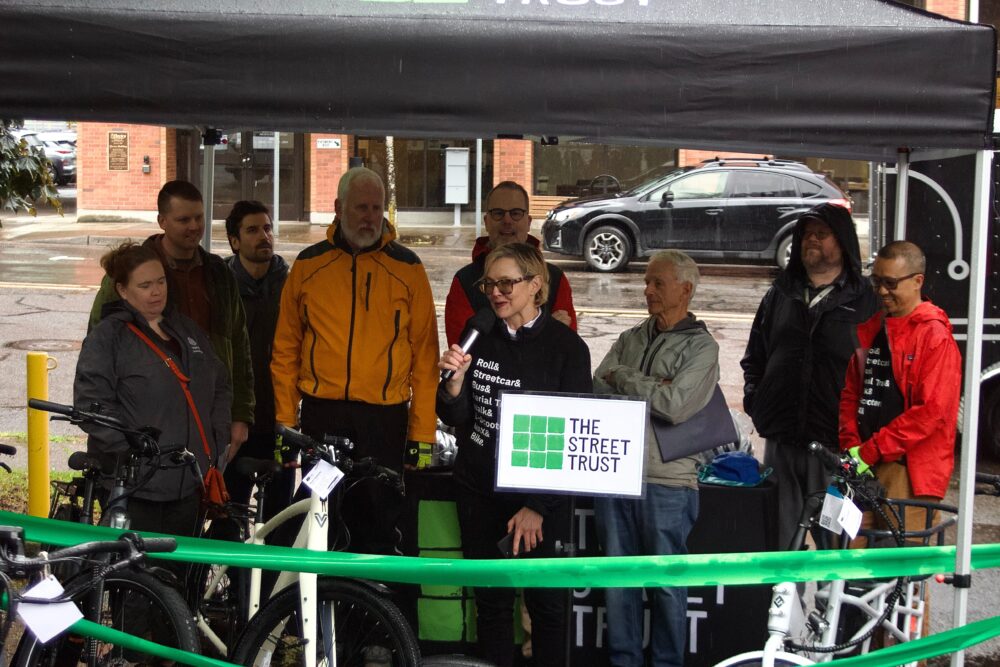
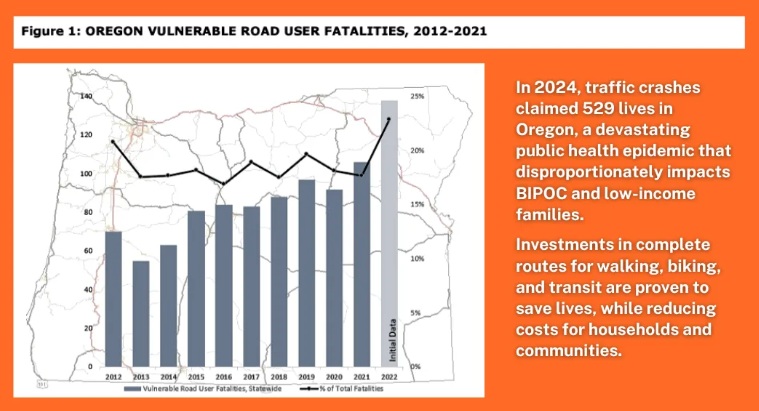
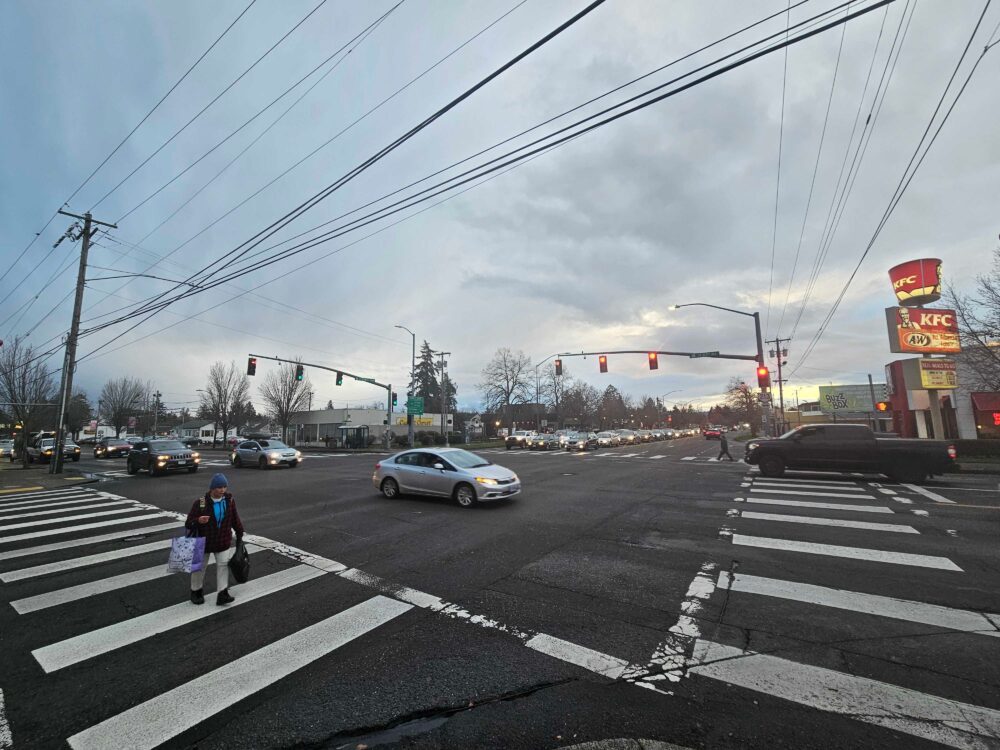
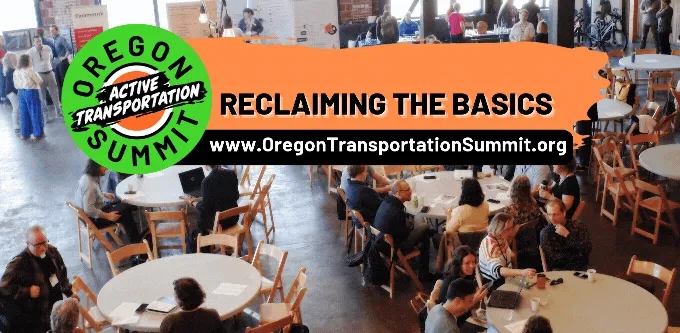
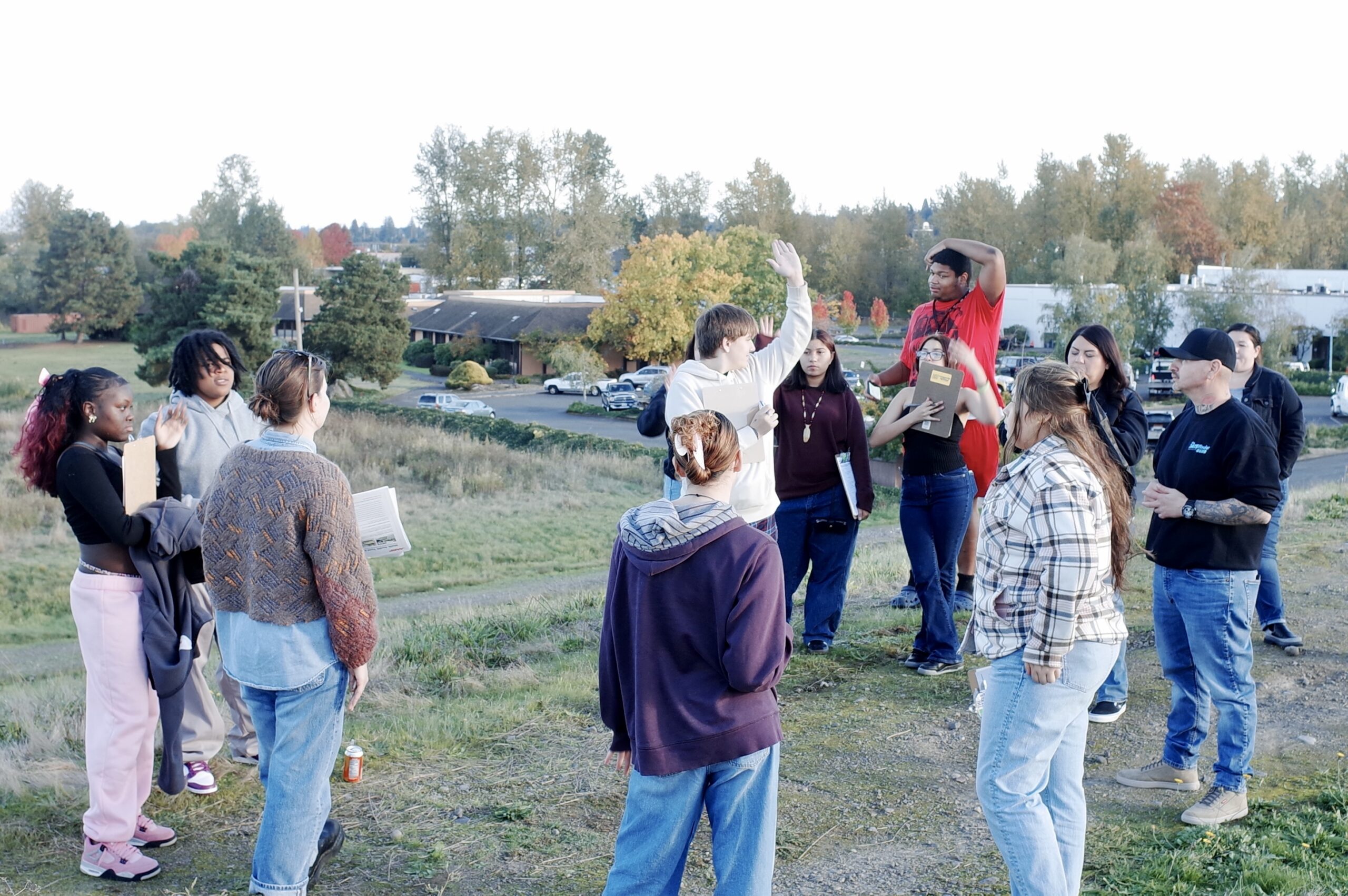
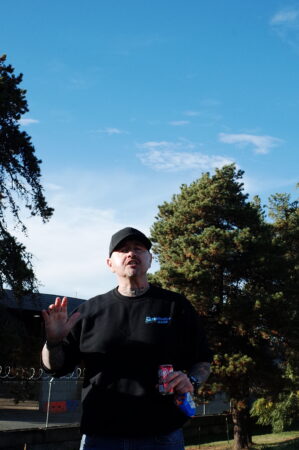
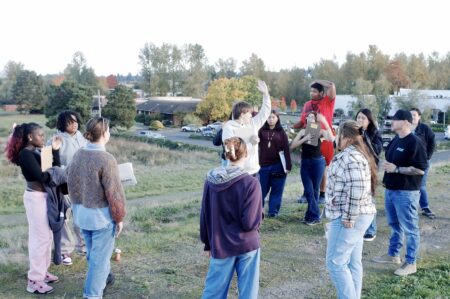
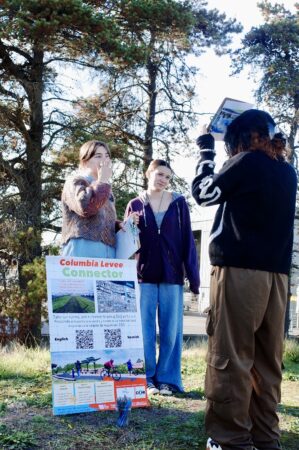
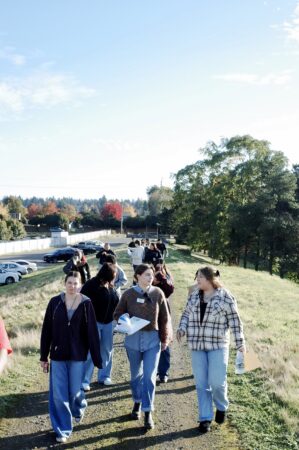
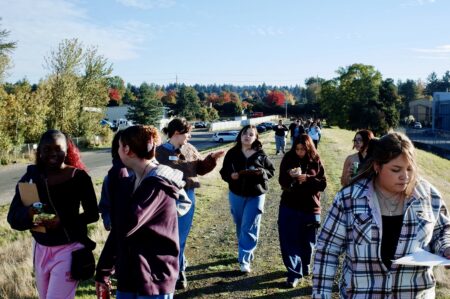
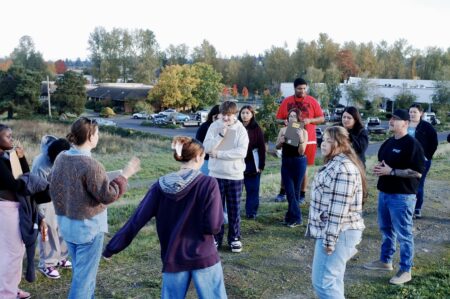
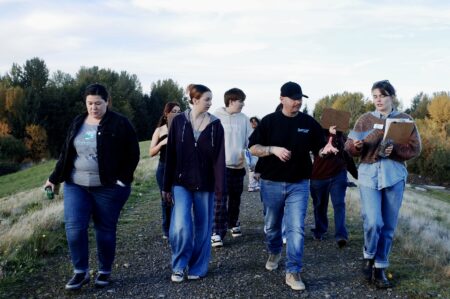
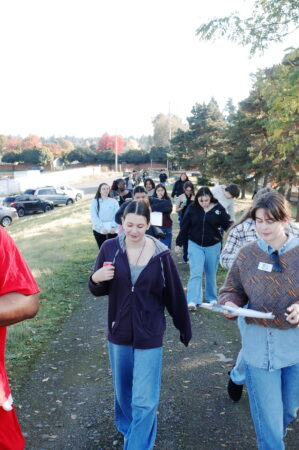
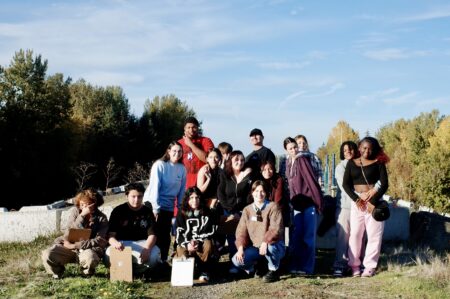
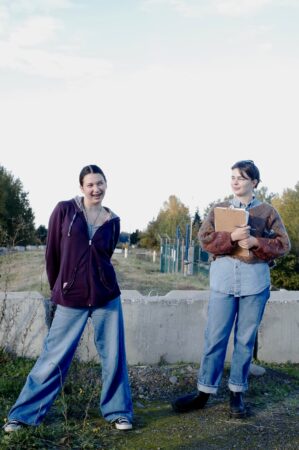
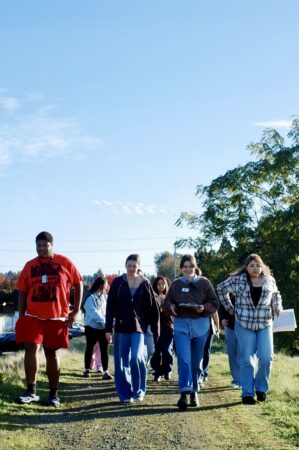

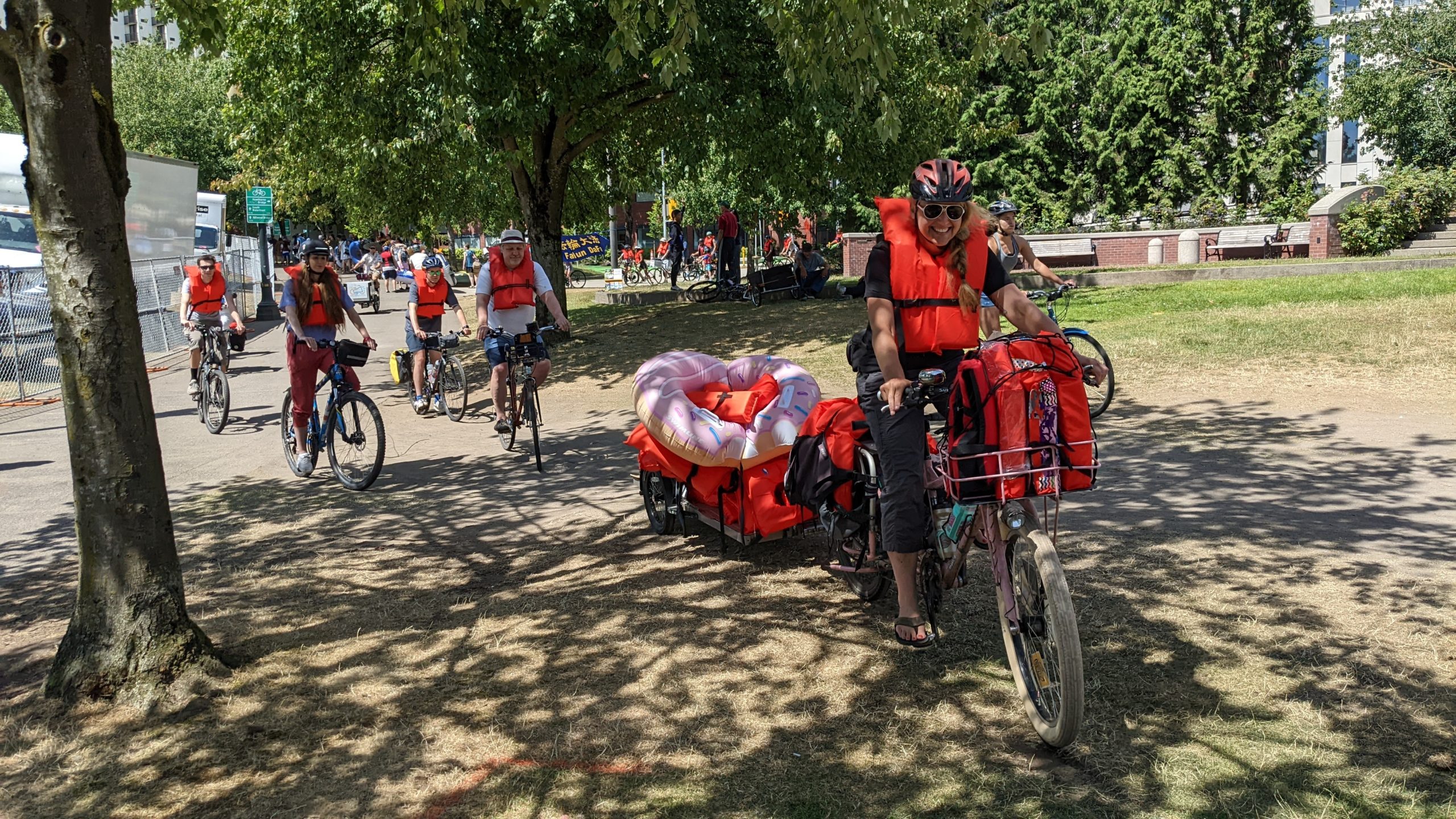
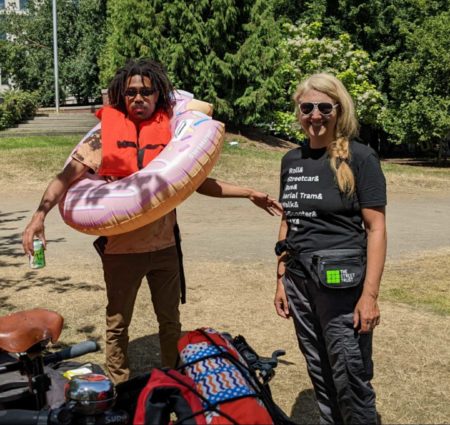
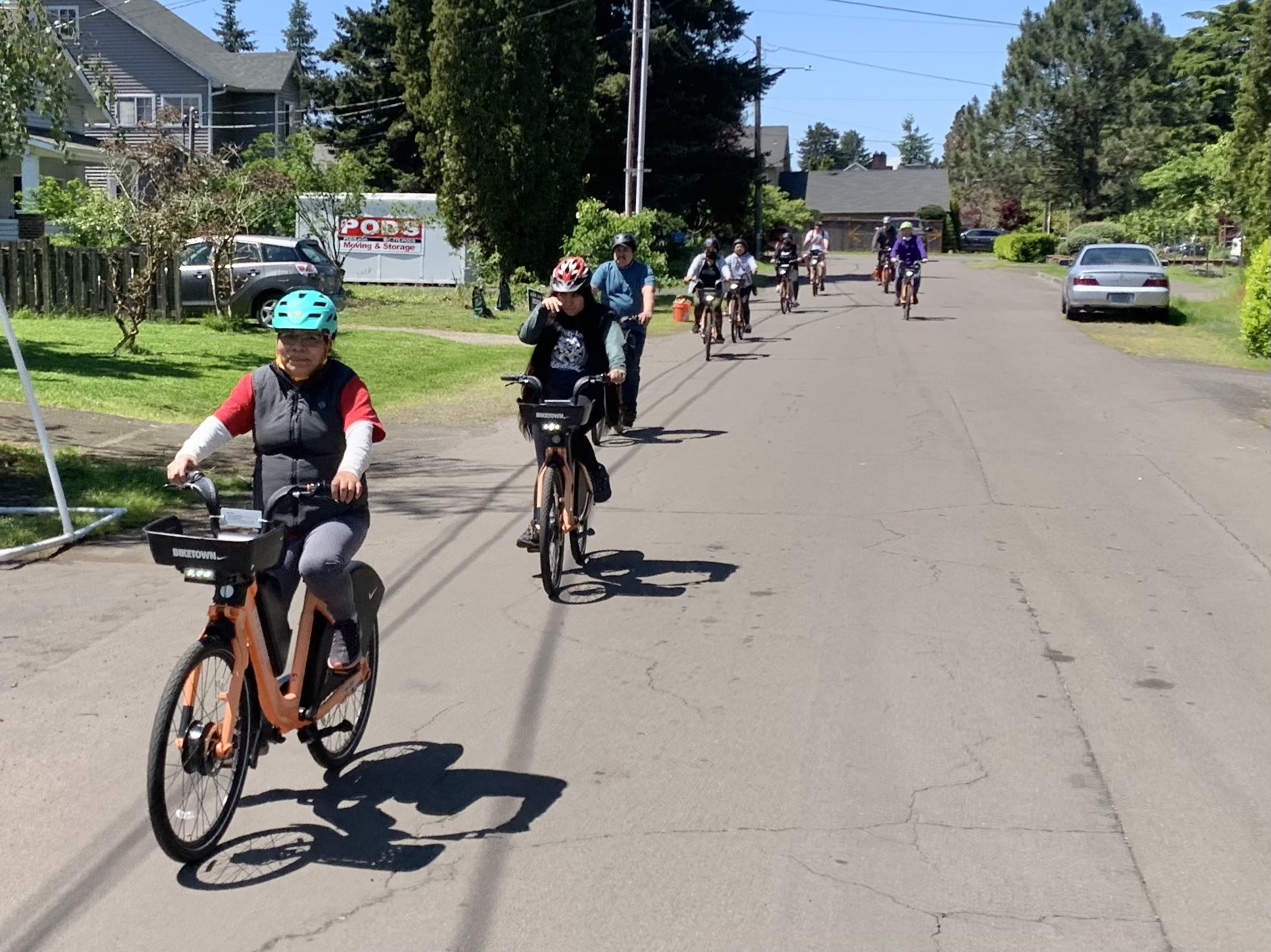
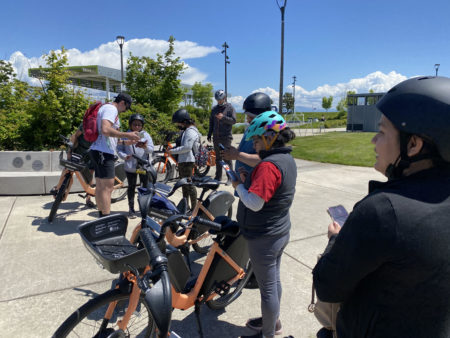
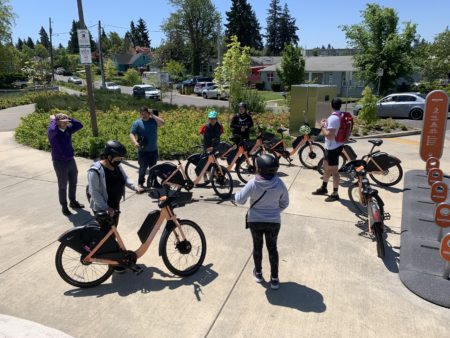
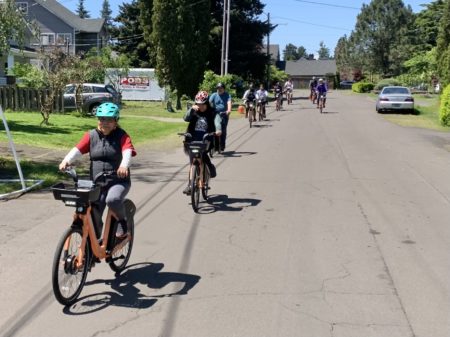
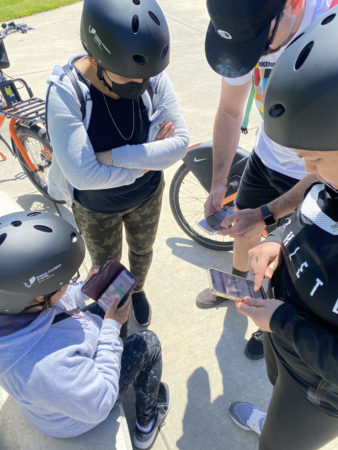
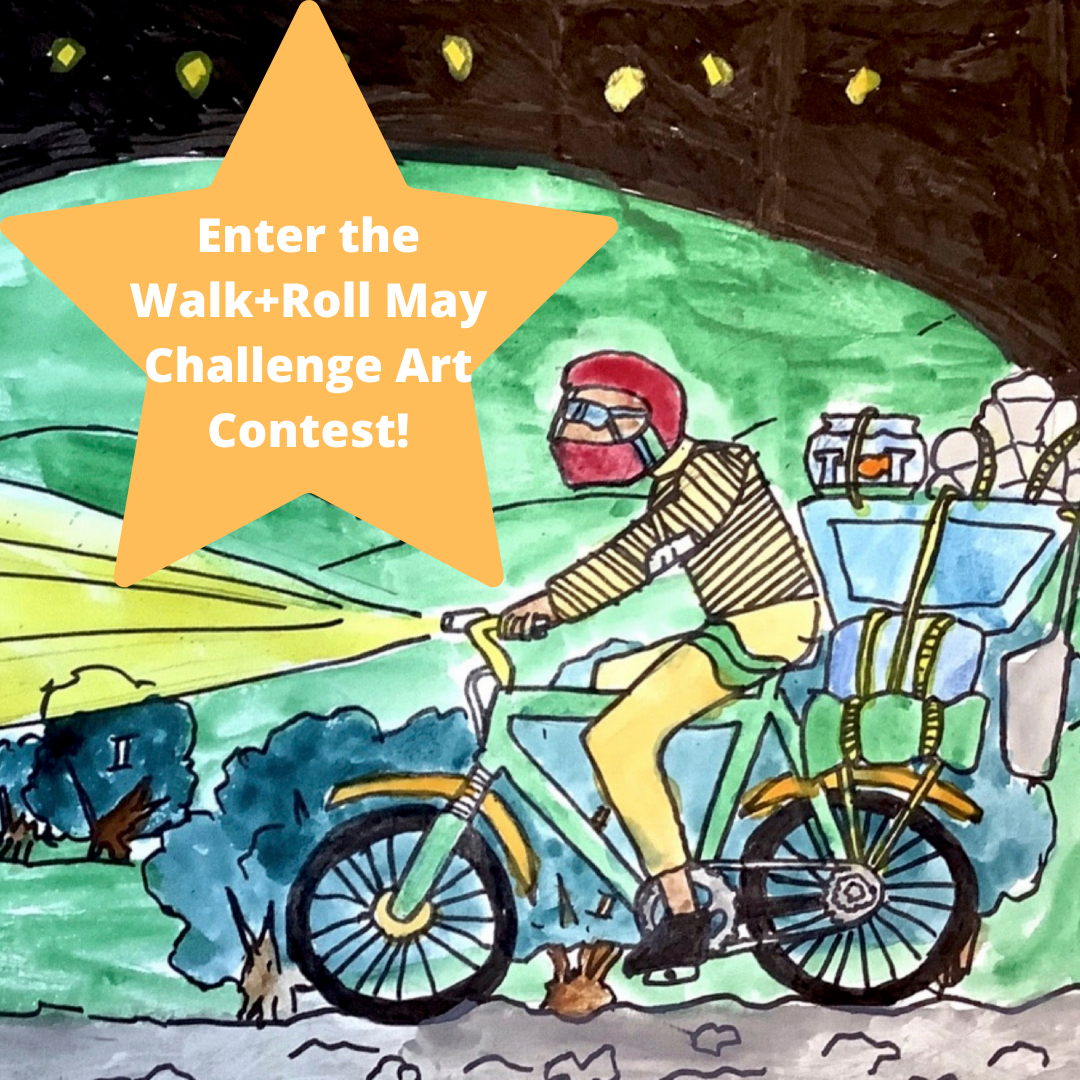
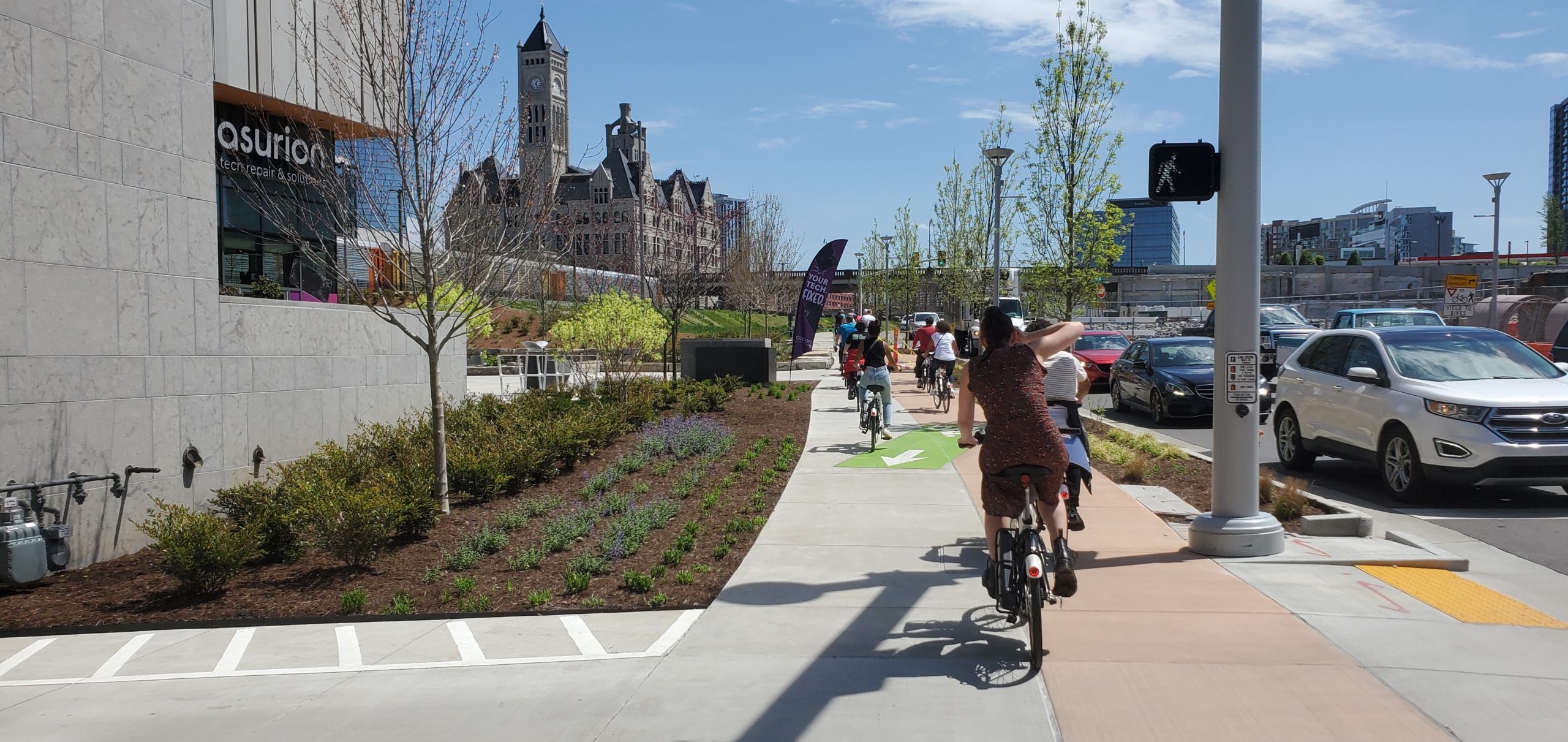
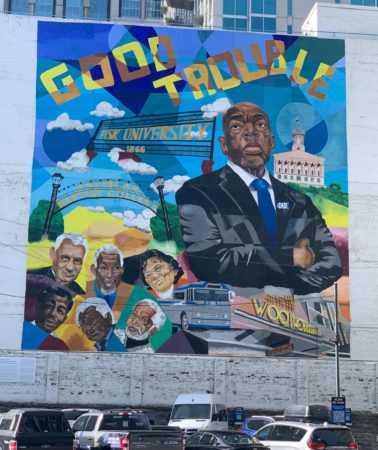 Over the decades, Portland’s leaders have worked to ensure our civic learning trips are more intentional, effective, and inclusive. Now, as our region finds itself in transition -at a crossroads, some would say- it is more important than ever that we invest as a community in increasing our capacity for addressing the various challenges we face, including population growth and housing affordability, congestion and the need for transit investments, and deepening social and economic inequality.
Over the decades, Portland’s leaders have worked to ensure our civic learning trips are more intentional, effective, and inclusive. Now, as our region finds itself in transition -at a crossroads, some would say- it is more important than ever that we invest as a community in increasing our capacity for addressing the various challenges we face, including population growth and housing affordability, congestion and the need for transit investments, and deepening social and economic inequality.